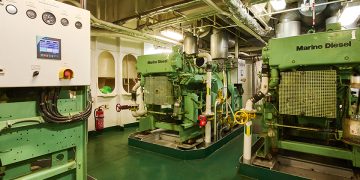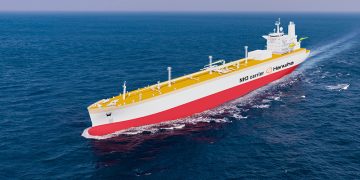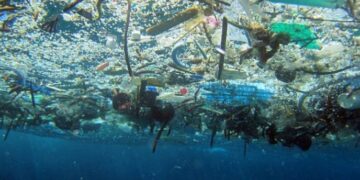NGO Shipbreaking Platform: What a difference a flag makes
The NGO Shipbreaking Platform published a briefing paper titled “What a difference a flag makes – Why ship owners’ responsibility to ensure sustainable ship recycling needs to go beyond flag state jurisdiction”. The briefing paper raises concerns regarding new legislation meant to regulate ship recycling practices, in particular the European Union Ship Recycling Regulation and the International Maritime Organisation’s Hong Kong Convention, and argues that legislation mainly based on flag state jurisdiction will neither be able to solve the problems of substandard shipbreaking nor enforce the polluter pays principle on ship owners. The analysis of the link between flags of convenience (FOCs), in particular “end-of-life flags” and substandard shipbreaking practices, shows that FOCs are likely to undermine the implementation of the polluter pays principle by making it easy for ship owners to circumvent legislation by flagging-out to a non-party or a non-compliant flag. In conclusion, the briefing paper asserts that solutions urgently needed to ensure sustainable ship recycling must go beyond flag state jurisdiction in order to close the loopholes created by the FOC system. Currently, most ship owners circumvent existing legislation meant to protect in particular developing countries from hazardous wastes present within the structure of end-of-life vessels, ...
Read more


























































